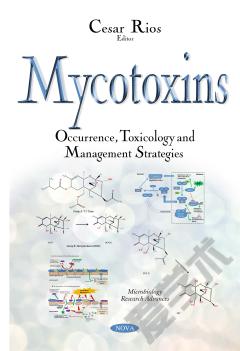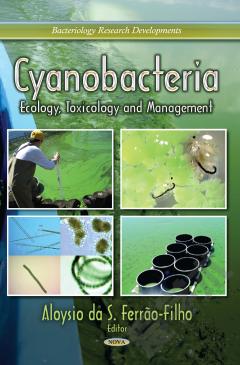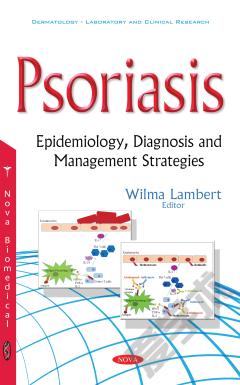Mycotoxins: Occurrence, Toxicology and Management Strategies
Exposure to certain types of mycotoxins, the bioactive secondary metabolites of filamentous fungi, significantly impact the animal industry as well as human health. The contamination of food with mycotoxins is a worldwide problem in animal production and direct consequences are the reducing of food intake and production. In this book, the authors increase the public awareness of the implications of certain types of mycotoxins exposure to promote the health of livestock as well as the general public; an analysis of trichothecens (TCEs), a large group of mycotoxins, and their impact on lifestock health and production are also examined, as well as the occurrence of mycotoxins in animal products such as goat milk. Different strategies implemented for the analysis of a wide spectrum of mycotoxins, as well as their advantages and disadvantages are provided by the authors. In the next few chapters, the occurrence of mycotoxins in cereals and cereal products and in particular, their toxic properties are looked at; a discussion on deoxynivalenol (DON) and related 8-ketotrichothecene mycotoxins, which are extensively distributed in cereal-based foods and feed stuffs worldwide are reviewed; potential toxigenic fungi from diverse habitats are identified with special emphasis on the methods as well as on the genetic markers employed; the importance of performing exposure assessments to Aflatoxin B and some of the most important aspects to consider in the risk assessment process, including the simultaneous presence of other mycotoxins and the challenge of choosing the most suitable method to perform exposure assessment are analyzed; and finally, a review of the occurrence of dietary mycotoxins in Africa as well as the advances in analytical methods of mycotoxin extraction and detection over the last decade is provided.
{{comment.content}}








 京公网安备 11010802027623号
京公网安备 11010802027623号